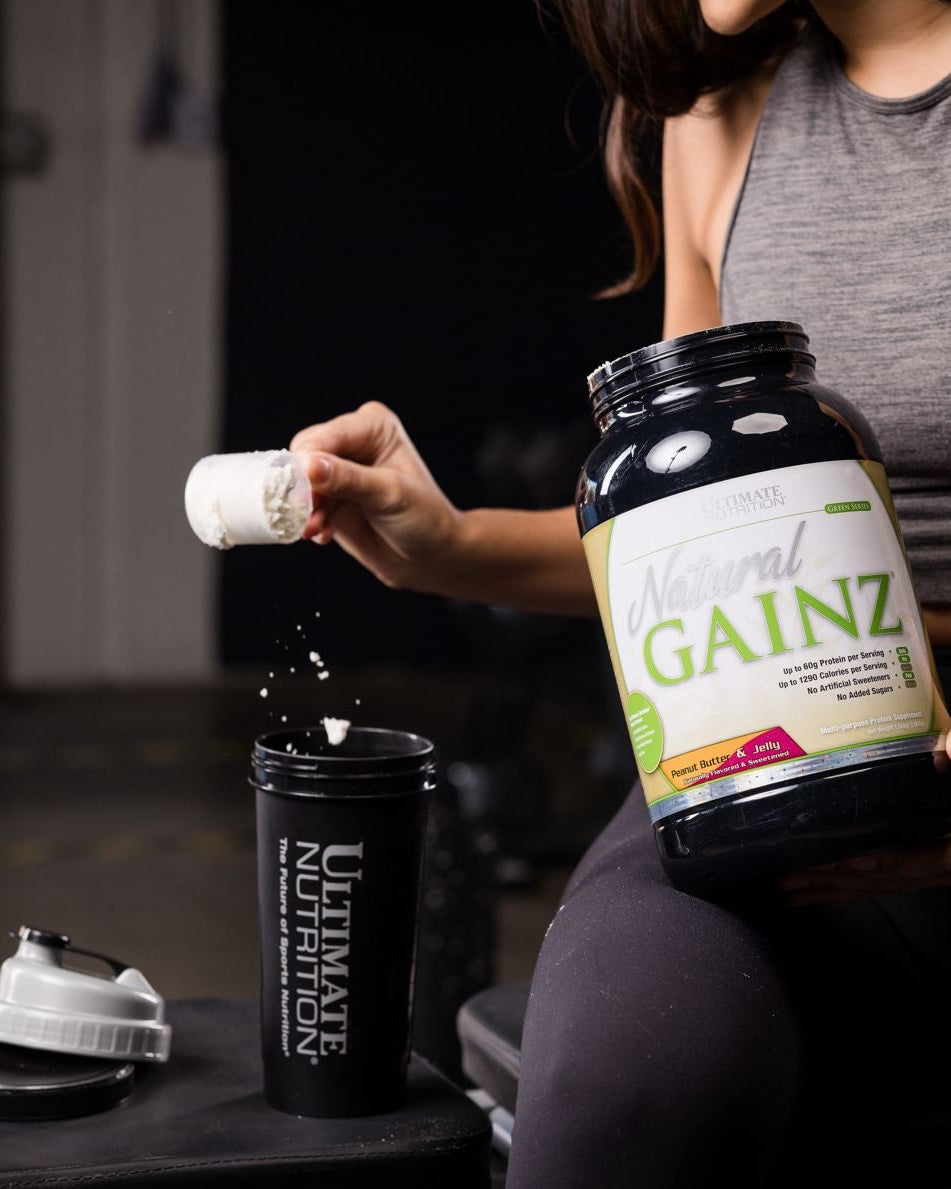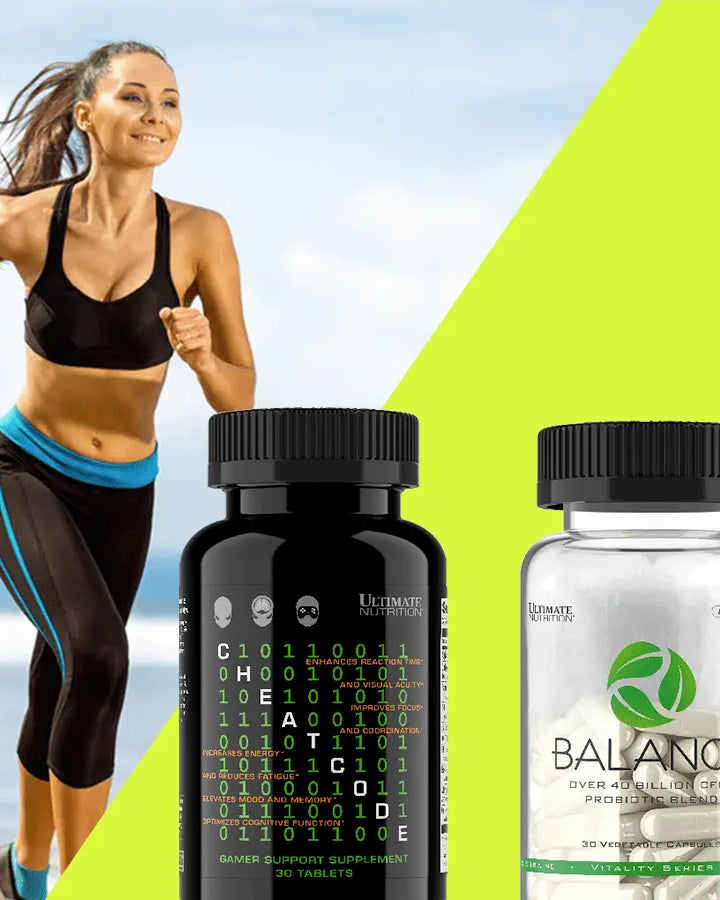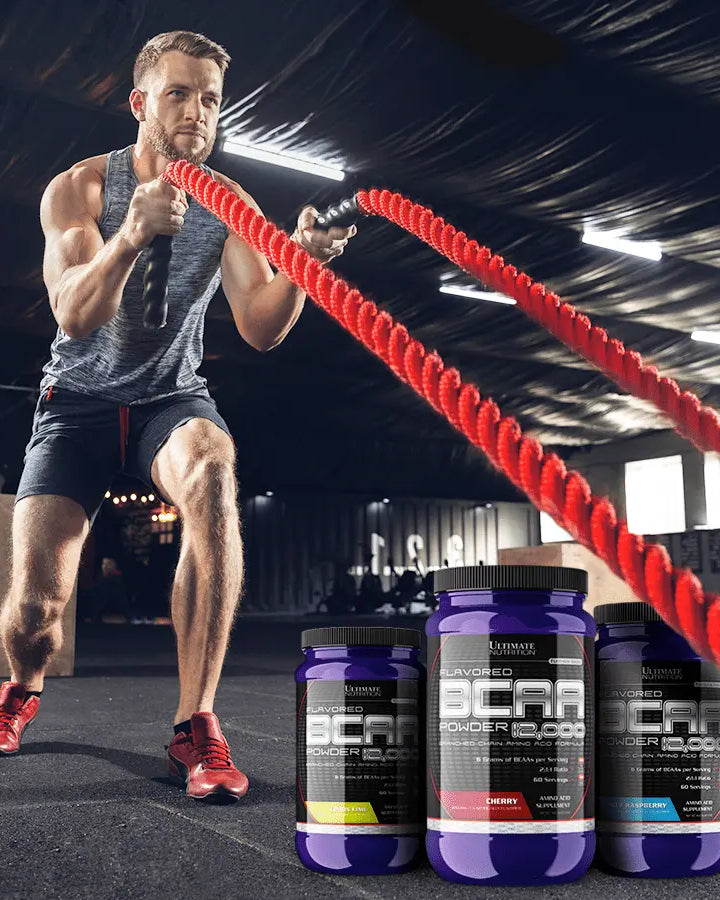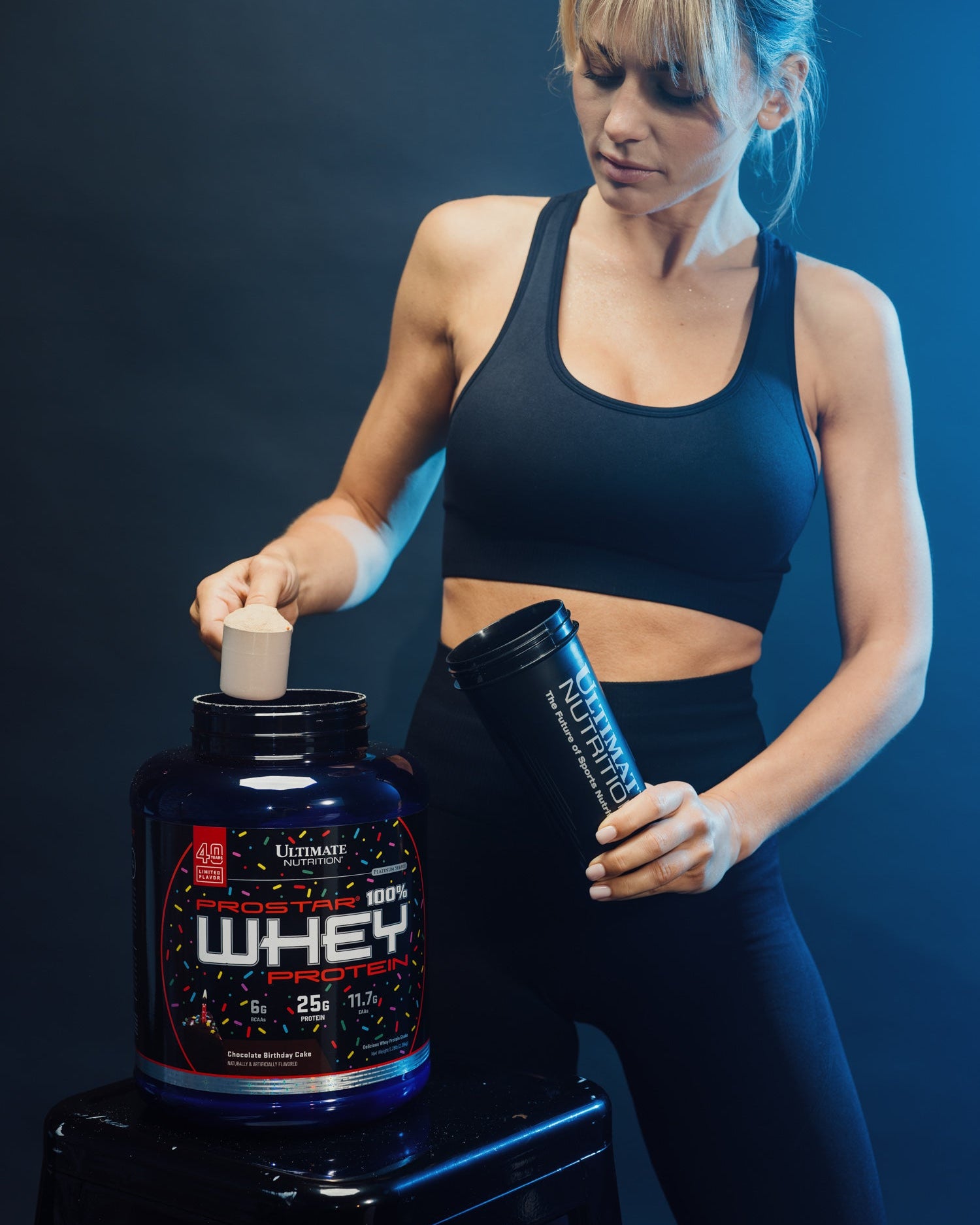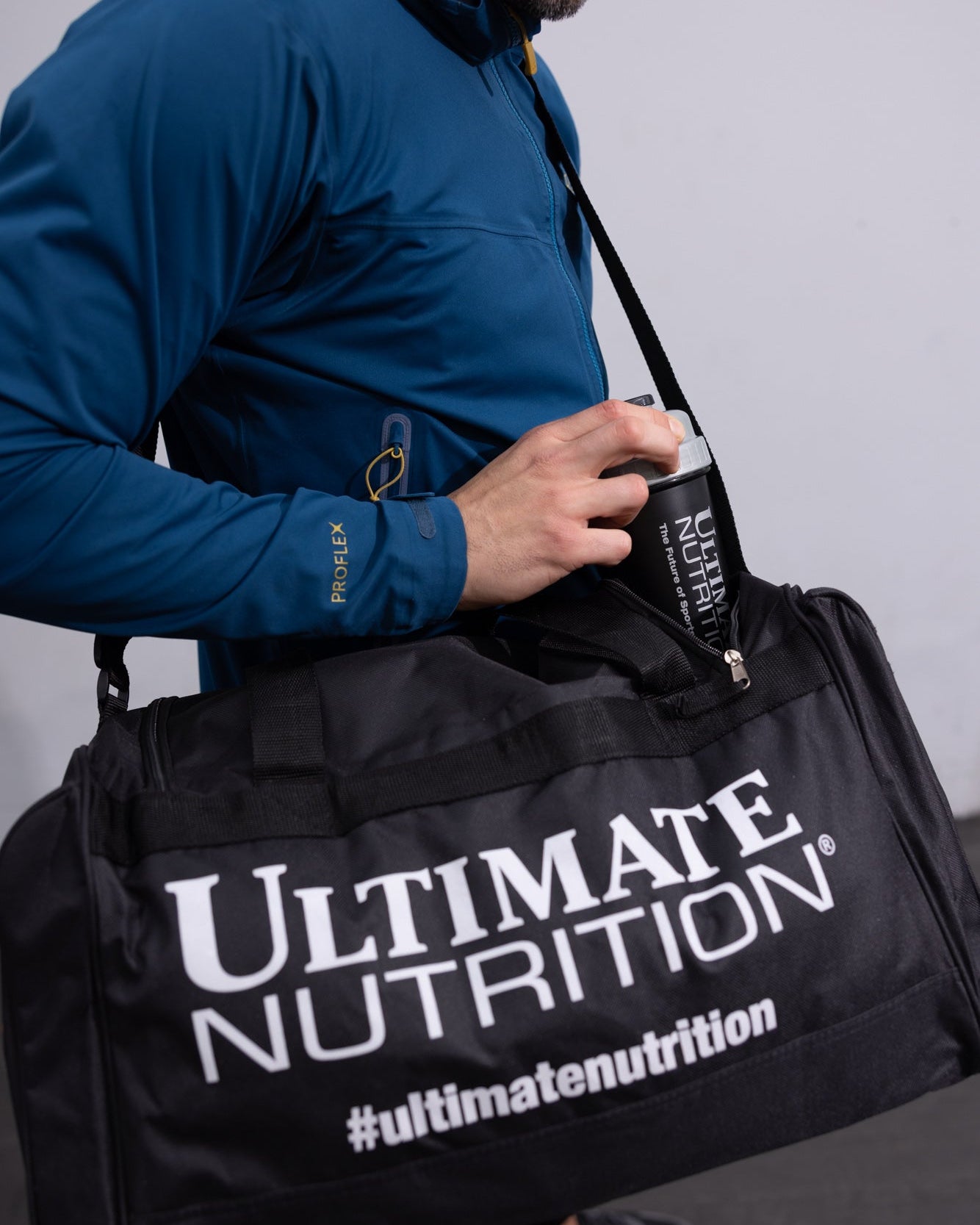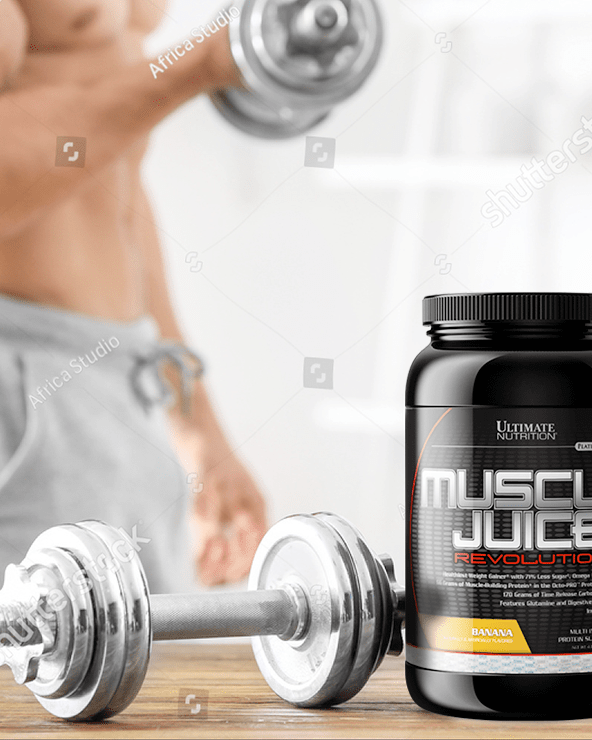Pre-workout is a staple in gyms and omnipresent in the greater athletic community, but it is also widely misrepresented by the media and misunderstood by many non-consumers.
One common misconception about the pre-workout supplement is that it is just an expensive caffeine delivery system no different than an average cup of caffeinated coffee.
Let’s dispel this myth by exploring the differences in the exercise benefits provided by coffee vs. pre-workout:
Coffee’s Impacts on Exercise
Coffee consumption is rampant in the United States. Over 60% of Americans consume the drink daily.
As a result, many gym goers regularly go to the gym with coffee in their system.
Let’s explore the influence of coffee on athletic performance:
What Are the Benefits Of Coffee Before A Workout?
There are a few primary benefits of drinking coffee before workouts, almost all due to caffeine, including:
Increased Energy and Focus
Surprise, surprise. Drinking a cup of caffeinated coffee 30-60 minutes before a workout can notably increase energy levels throughout your workout.
The caffeine in a standard cup of coffee – typically 70-140 mg – can enliven your central nervous system, boosting your alertness, shortening your reaction time, and bolstering your stamina.
Research published by Science Direct, among numerous other outlets, also finds that coffee consumption improves your short-term concentration, making it easier to learn and remember new exercises, maintain proper form, and progress efficiently through your workout.
Improved Muscle Glycogen Recovery
Muscle glycogen is glucose your body stores to fuel physical activity.
According to research from the National Institute of Health (NIH) and the Journal of Clinical Endocrinology and Metabolism, coffee boosts post-workout muscle glycogen recovery; this facilitates better recovery, replenishment of carbohydrate stores, and increased energy levels between gym sessions.
Drawbacks of Coffee Before A Workout
Coffee consumption can also impede physical activity and reduce the efficacy and enjoyability of your exercise.
Setting aside caffeine-related side effects, which can affect users of coffee and pre-workout, let’s focus on a potentially-unpleasant side effect of coffee itself:
Gastrointestinal Distress
Drinking coffee pre-workout can upset your digestive system, particularly if consumed on an empty stomach.
While this side effect obviously varies from person to person, many people find the acids in caffeinated coffee can irritate the gut, induce laxative effects, and even stimulate diarrhea during or following a workout.
Understandably, all these outcomes can distract from or entirely halt exercise, making for an altogether unpleasant experience.

Pre-Workout’s Impacts on Exercise
A well-made, scientifically-tested pre-workout is the ultimate way to fuel and empower your muscles for vigorous exercise.
Let’s explore this supplement’s ingredients before discussing its benefits – and potential drawbacks:
Ingredients
While the makeup of a pre-workout supplement differs by manufacturer, most quality options on the market utilize a similar range of ingredients:
- Caffeine: provides energy, boosts physical endurance, and stimulates fat-burning
- Taurine: promotes muscle contraction, fights fatigue, and bolsters short-term physical strength
- Creatine: fuels muscle cells, promotes muscle growth, fights fatigue, and aids high-intensity interval training (HIIT)
- Branch Chain Amino Acids: promote muscle growth, mitigate delayed onset muscle soreness (DOMS), and fight fatigue
- Beta-Alanine: fights fatigue, increases endurance during high-intensity interval training (HIIT), and aids recovery
- Vitamins:
- Vitamin B1: can reduce fatigue and lessen recovery time
- Vitamin B2: can reduce muscle pain/soreness and support recovery
- Vitamin B5: can support natural energy levels
- Vitamin B6: can improve metabolism and boost energy levels
- Vitamin C: can promote energy and support muscle/tissue growth, and repair
Must-Know Fact: How much caffeine is in pre-workout? It depends on the supplement, but the average amount of caffeine in most reputable options is 150-300 mg, below the recommended maximum daily caffeine intake of 400 mg.
What Are the Benefits of Pre-Workout?
What can pre-workout do for you? Read on:
Provide Lasting Energy and Focus
As any coffee lover can tell you, the drink provides an excellent, short-term boost. However, this boost can fizzle out rather quickly, sometimes leaving you fatigued.
Conversely, a pre-workout supplement energizes you for the entirety of your workout, helping ease the toll of vigorous exercise on your mental/physical capacities.
An effective dosage of a quality pre-workout supplement provides your body with powerful energy and focus due to a range of stimulants led by caffeine. These stimulants vitalize your mind and muscles, offering mental and physical fuel to sustain you for an efficient, effective workout.
Crucially, this energy also enhances your capacity to sustain proper form for the entirety of your workout – reducing the chance of injury – and improves your efficiency, allowing you to quickly progress through your regimen.
Such increased energy also minimizes the chances of fatigue, bolstering your stamina during particularly challenging days at the gym.
Promotes Muscle Strengthening and Recovery
A well-developed pre-workout supplement is a performance enhancer that boosts your ability to build strong, healthy muscles that recover quickly and fully after a workout.
Combined with a nutritious diet and a healthy lifestyle, the ingredients in effective pre-workouts can support weight loss and the development of lean muscle, aid the ability of muscles to withstand intense training, delay/reduce muscle fatigue after exercise, and restore muscle glycogen for optimal recovery.
When taken together, these benefits can increase your raw power levels for the entirety of your workout, helping you improve your performance in the gym.
While even the best pre-workout supplement (Ultimate Nutrition’s Pre Gold) won’t take you from average gym-goer to Olympic athlete on its own, it can help you safely grow and protect your muscles with minimal side effects.
Drawbacks of Pre-Workout
Even the best pre-workout products can have harmful effects if misused:
Improper Consumption
Some people seek to exploit pre-workout beyond its intended effect through experimental, unsafe consumption methods.
Beyond plain overconsumption – which is dangerous in itself, largely due to the supplement’s stimulant supply – “dry scooping” emerges as the standard bearer of dangerous pre-workout fads.
Dry scooping entails consuming pre-workout powder without water. It can lead to a number of dangerous, potentially fatal effects, including gagging, choking, and gasping for air due to accidental inhalation, cardiovascular damage, and digestive distress.
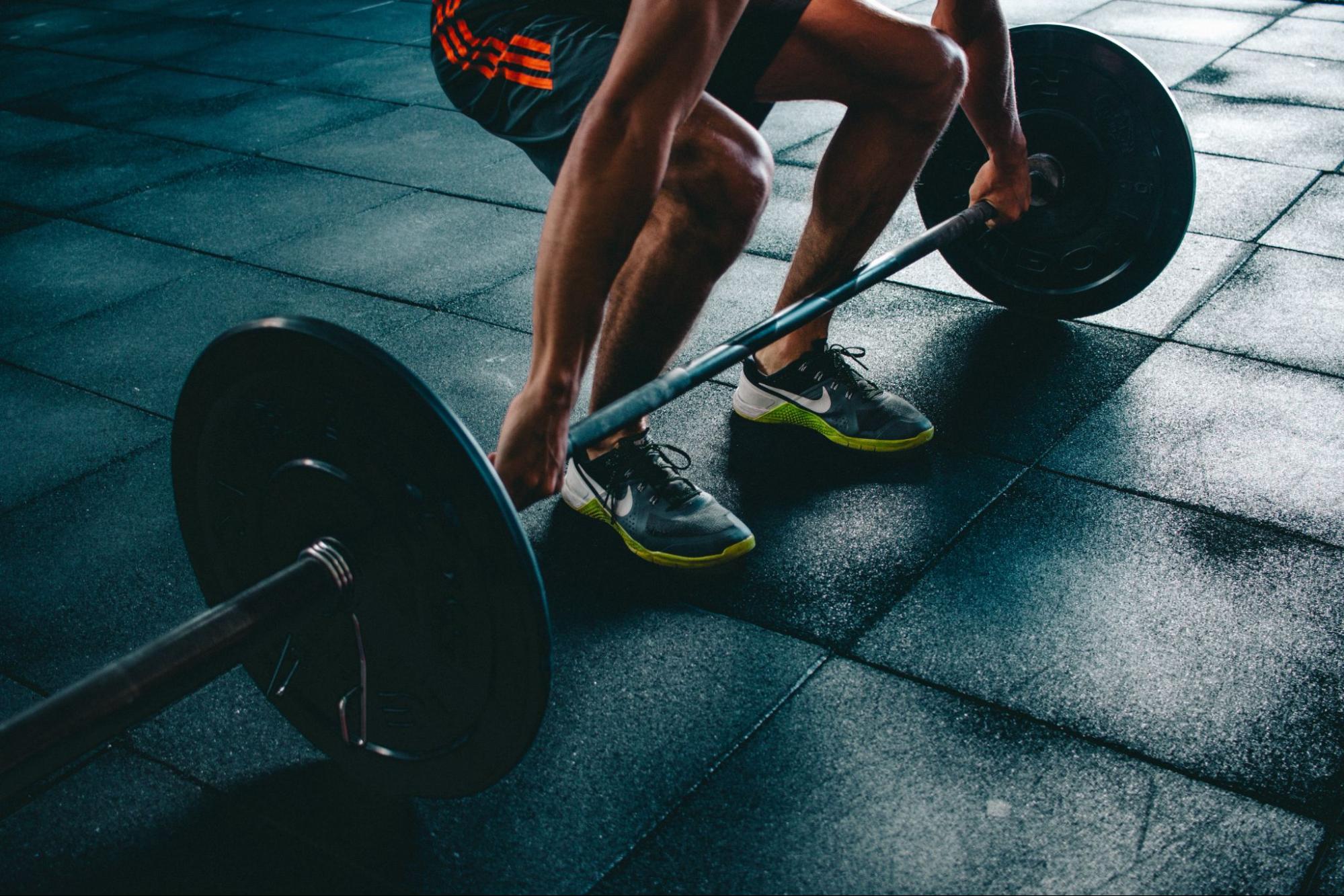
Ultimate Nutrition’s Pre-Workout Supplement
Ultimate Nutrition’s team of scientists has pioneered the next generation of pre-workout: Pre Gold.
This innovative supplement covers far more than just the energy boost of the average cup of coffee, equipping you with the necessary PUMP, ENERGY, and POWER for an explosive workout.
With Caffeine, Synephrine, and Taurine for healthy boosts of lasting energy and a perfect mix of muscle-boosting ingredients like L-Citrulline, Potassium Nitrate, and Beta-Alanine to boost your ultimate power output, Pre Gold is the pre-workout you need to meet and beat your exercise goals.
Pre Gold comes in two delicious flavors, Blue Raspberry and Cherry Limeade, with 30 servings per 250g container at $29.99.

